-
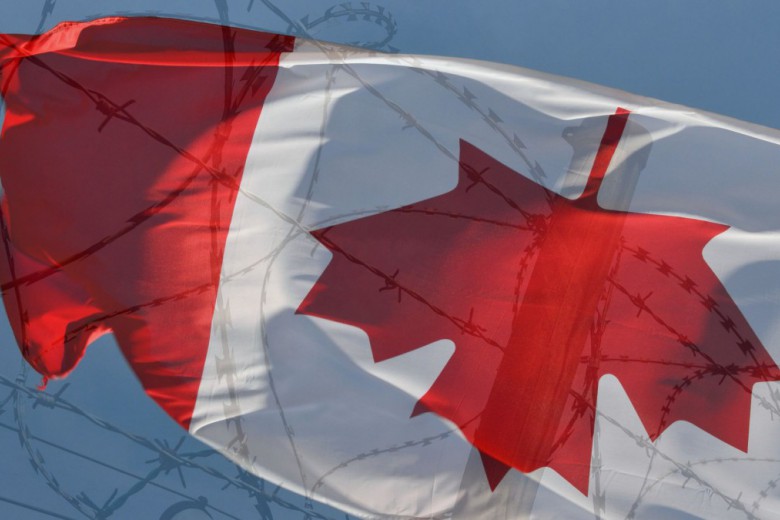
by Jasmine Veark Jun 5, 2025 4 min read
-
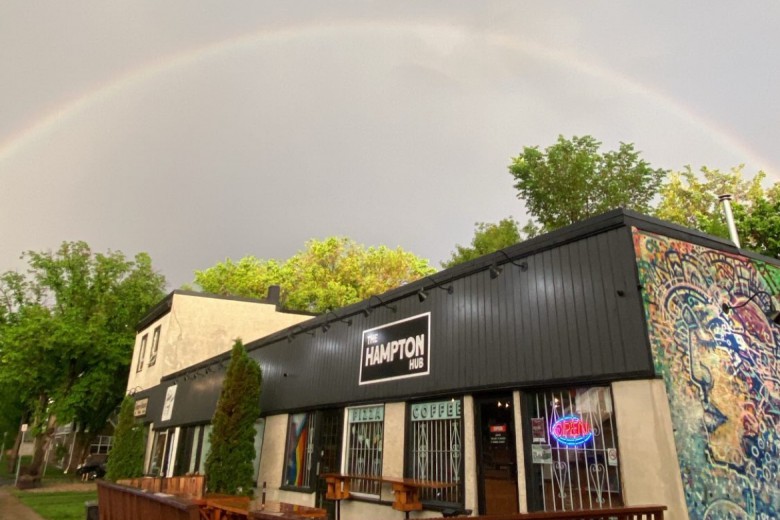
by Savannah Kosteniuk Jun 2, 2025 12 min read
-
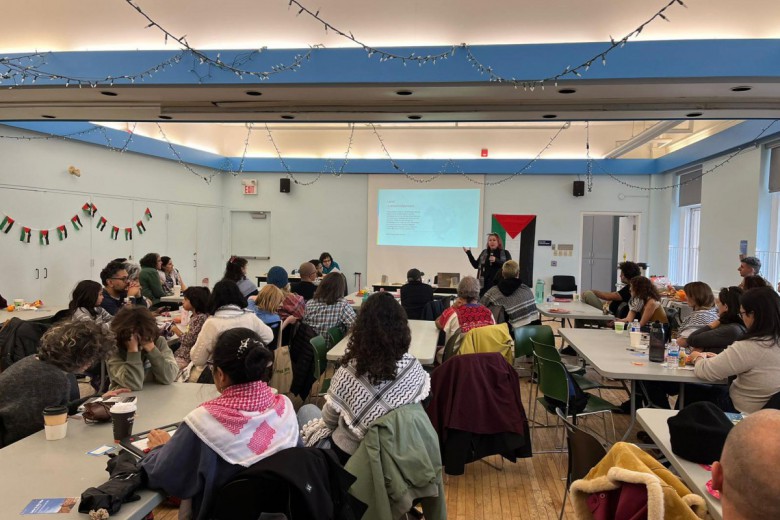
by Marlee Wasser May 21, 2025 11 min read
-
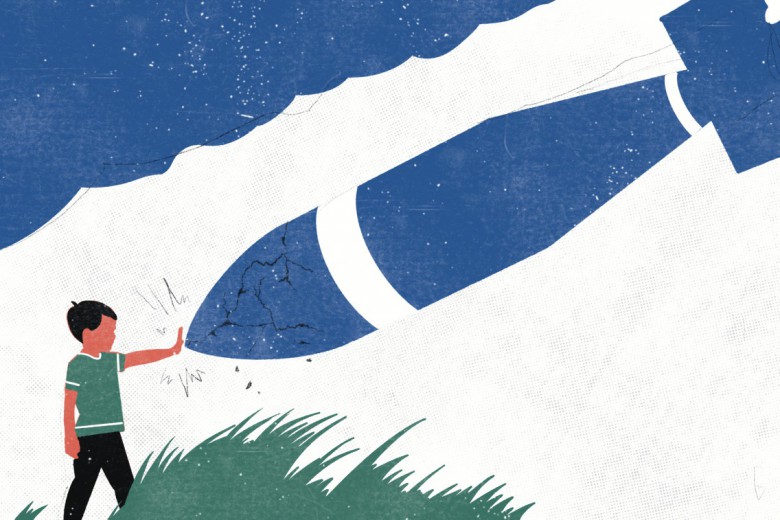
by Anonymous May 20, 2025 11 min read
-
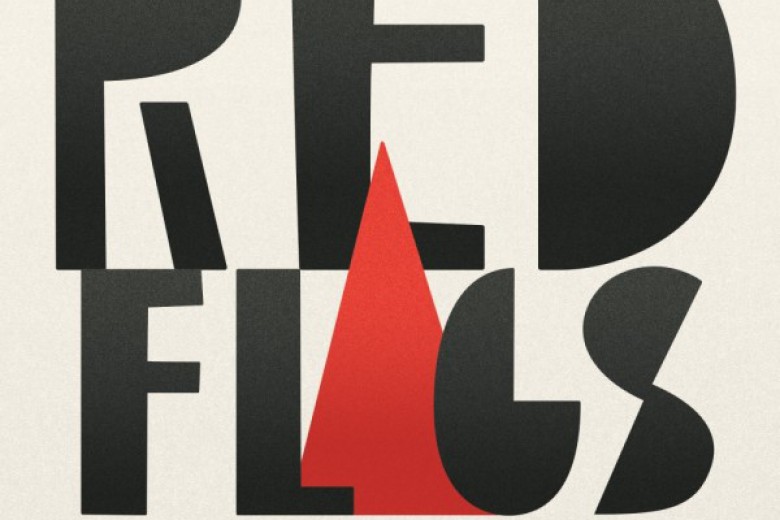
by David Camfield May 14, 2025 7 min read
-
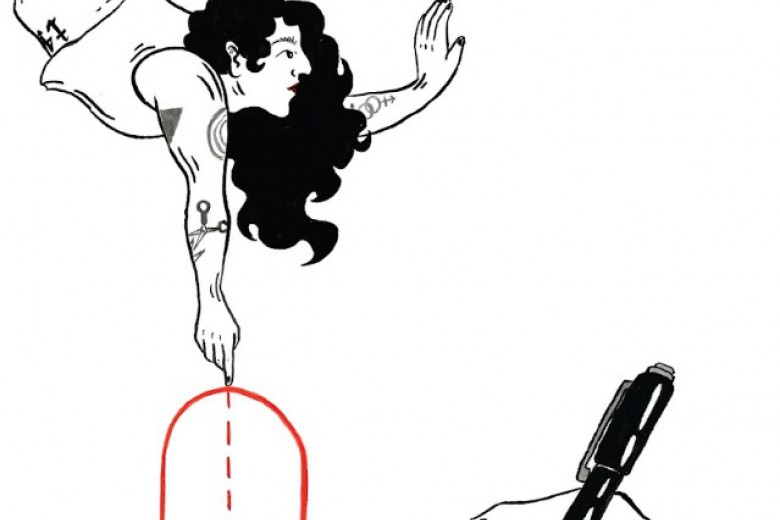
by Serena Lukas Bhandar and Celeste Trianon May 12, 2025 11 min read
-
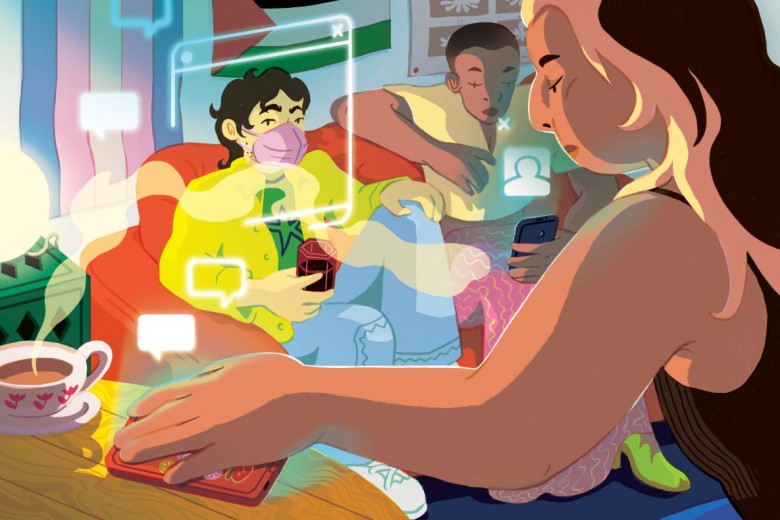
by Serena Lukas Bhandar Apr 11, 2025 10 min read
-

by F.T. Green Apr 10, 2025 4 min read
-
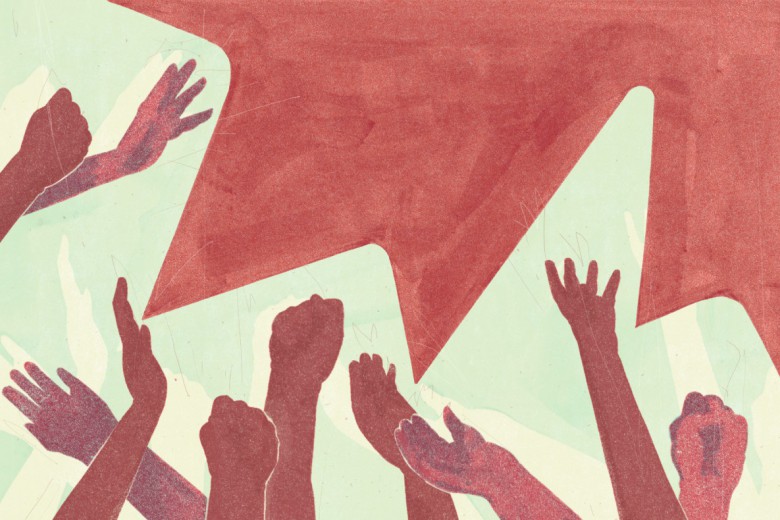
by Owen Schalk Apr 9, 2025 10 min read
-
_780_520_90_s_c1.JPG)
by Twoey Gray Apr 8, 2025 1 min read
-

by Masha Davidović Apr 8, 2025 12 min read
-
_780_520_90_s_c1.jpg)
by Syd Gilchrist Apr 7, 2025 7 min read
-
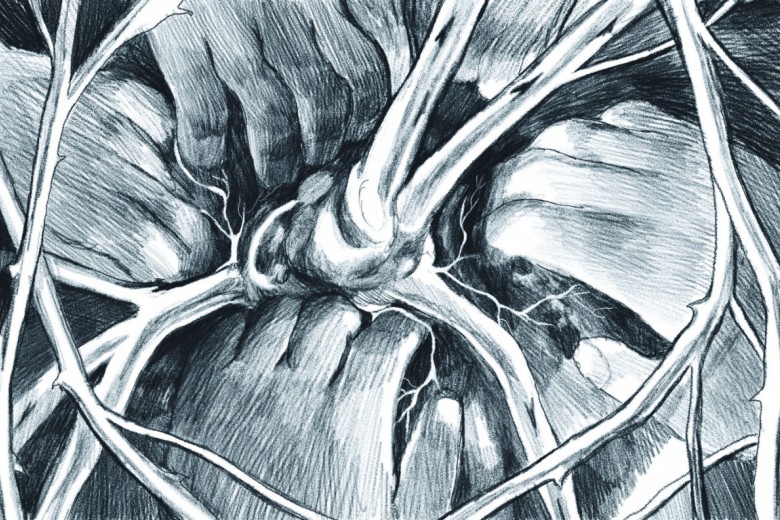
by Anmol Swaich and Tyson Singh Kelsall ਟਾਈਸਨ ਸਿੰਘ Apr 7, 2025 11 min read
-
_780_520_90_s_c1.jpg)
by Pedro Meza Mar 28, 2025 2 min read
-
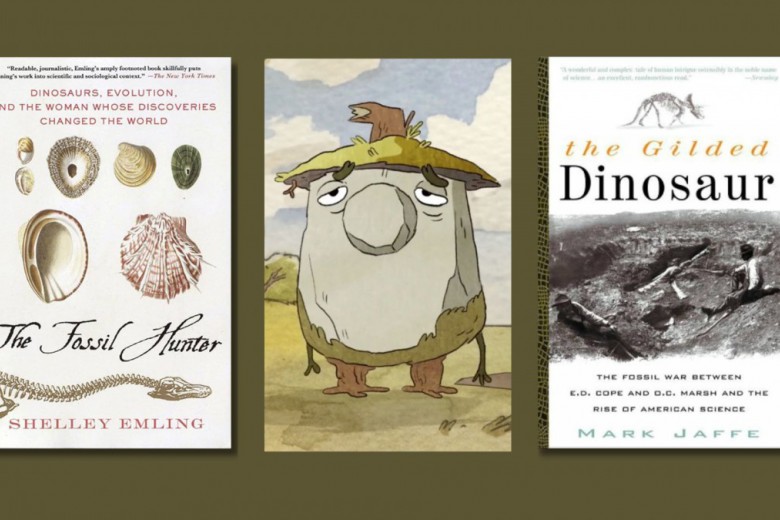
by Rebecca Yoshizawa Mar 26, 2025 5 min read
-

by Lena Andres and Ted Rutland Mar 25, 2025 11 min read
-
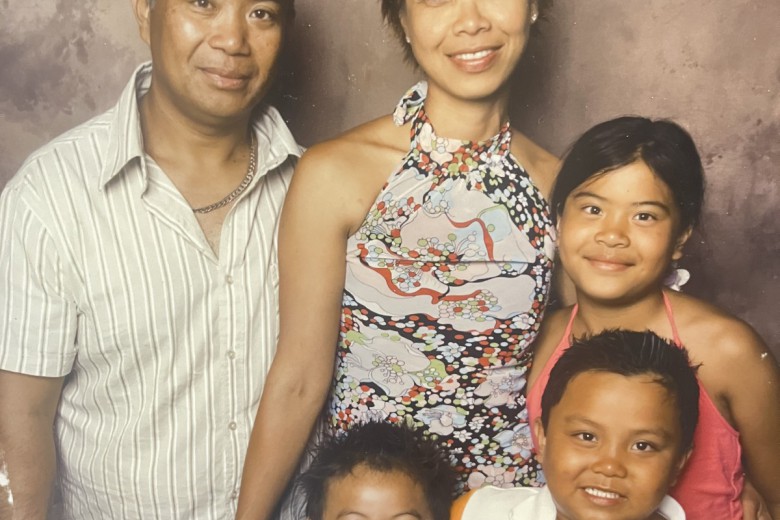
by Adam Arca Mar 19, 2025 9 min read
-
_780_520_90_s_c1_c_c.jpg)
by Rayya Liebich Mar 18, 2025 2 min read










_780_520_90_s_c1.jpg)

_780_520_90_s_c1.jpg)



_780_520_90_s_c1_c_c.jpg)


_780_520_90_s_c1.JPG)
